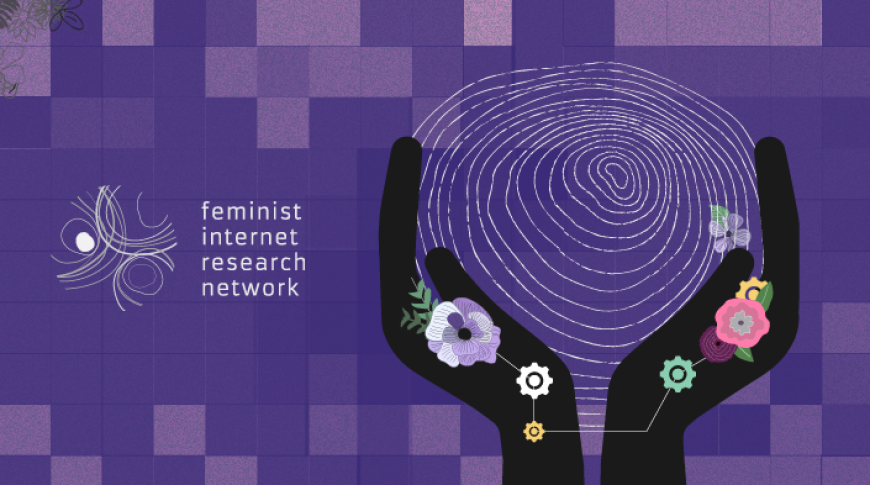
When it comes to the making of a feminist internet, knowledge and research matter. Building evidence, collecting data, visualising and effectively communicating research findings are critical and important ways to influence and impact activism as well as policy reforms.
In 2019, the Association for Progressive Communications Women’s Rights Programme (APC WRP) was part of setting up the Feminist Internet Research Network (FIRN) and held the first research hack-a-thon with a small group of research organisations and individuals. Due to the lockdown in many countries and the global pandemic, we could not hold the second convening face to face. We are excited to announce that from 15 to 23 June, the network will gather for the second annual workshop online to exchange experiences and research findings with the eight research projects that are led by FIRN partners based in different regions of the global South.
In the coming seven days, the network will convene a series of online meetings with the FIRN research project partners, FIRN’s peer advisors, the APC WRP team as network coordinators, and the International Development Research Centre (IDRC) as project funder.
FIRN seeks to build an emerging field of internet research with a feminist approach and focuses on knowledge building as critical feminist intervention by paying attention to multiple and intersecting structures of power that exist online and on the ground. The objective is to centre the needs of marginalised communities, such as women, gender diverse and queer people, in internet policy discussions and decision making. FIRN’s overall objective is to address existing gaps in the field of feminist internet research, which especially means focusing on the dynamics of power and structural inequalities, and surfacing intersectional and often marginalised perspectives from the global South, including those around race, caste, religion, class, sexuality and gender expression, and political ideology along with gender. We explore these in relation to four identified areas – access, online gender-based violence (GBV), datafication and artificial intelligence, and labour and the economy – recognising that often these are not separate areas of research but are interconnected.
The second convening is special for us because we are celebrating the finalisation of four research projects. These researchers will share their findings and analysis with the network:
-
After the Storm: Research and policy drafting for restoring policy dialogue against gender-based violence in Bulgaria (by BlueLink).
-
Understanding online gender-based violence across Africa: A mixed-methods study (by Pollicy).
-
Online GBV and the costs of unequal access to freedom of opinion and expression for women and lesbian, gay, bisexual, transgender and queer people in Malaysia (by KRYSS Network).
-
Digital mediation of reproductive and care work in India: A feminist exploration (by Centre for Internet and Society).
The other four projects will be completed in 2021 and will be discussing concerns around methodology and their preliminary findings:
-
A feminist approach to AI and algorithmic decisions in Latin America: Building bridges for human rights advocacy groups (by Coding Rights).
-
Action-research on feminist autonomous networks in Brazil (by Vedetas).
-
Feminism, datafication and backlash in Brazil (by CLAM).
-
Understanding the gender disparity in Rwanda through an intersectional approach (by Research ICT Africa).
Though this meeting is only open to those in the network, we will be sharing daily updates from the convening on Twitter at @GenderITorg and under the #feministinternet hashtag. We will also have one session open to the public that focuses on policy advocacy and reform as a mode of working towards feminist transformation and change, and will be working with partners on visualisations of research findings. Details for this will also be announced here and on Twitter, so watch this space. Additionally, in the coming months we also hope to follow up with public webinars on the themes that FIRN is interested in, and especially presentations and discussions led by the research partners.
We close our convening on 23 June by celebrating the accomplishments of all our partners, reflecting on the learnings of the convening, and forging a way forward to continue this important work in the network.